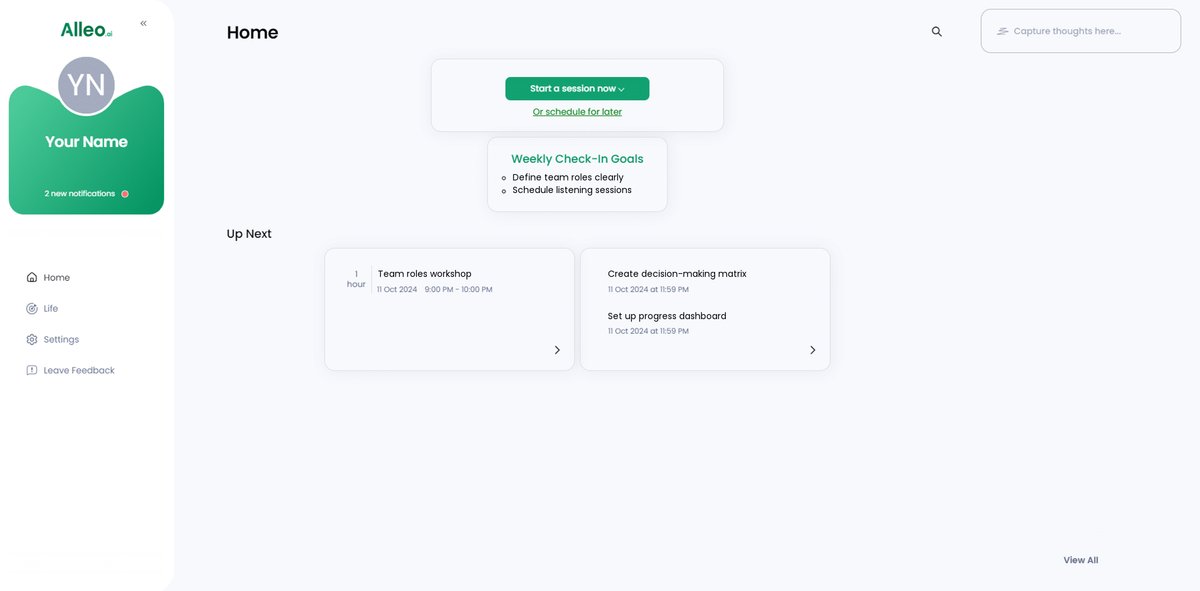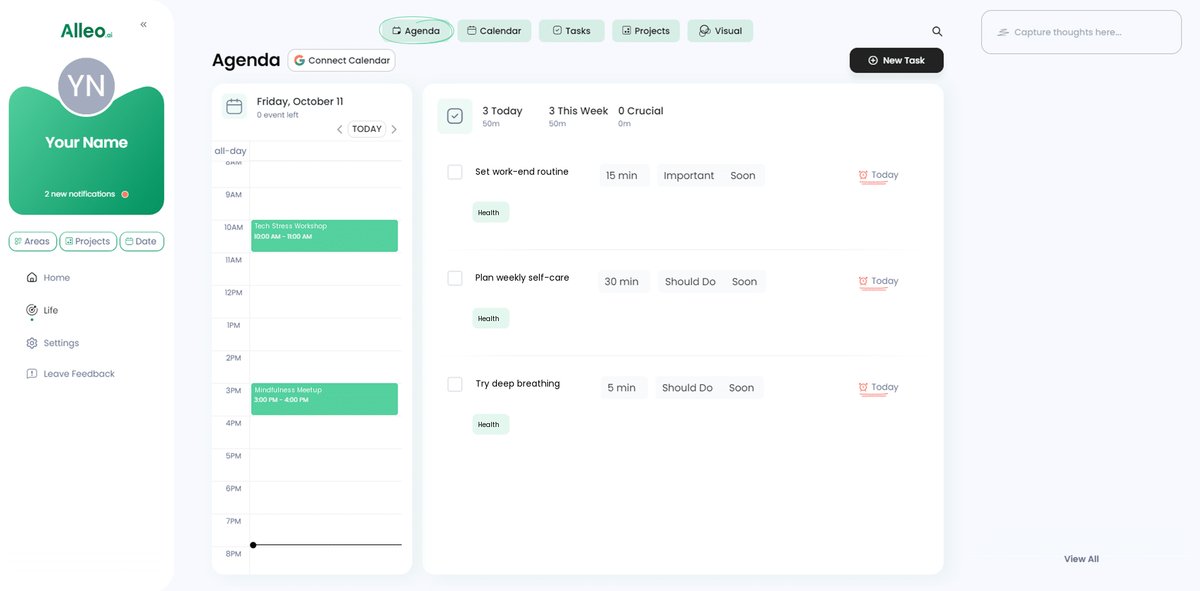5 Essential Strategies to Tactfully Discuss Family Planning with Vulnerable Clients
Have you ever faced the challenge of discussing family planning with a vulnerable client?
As a life coach, I’ve helped many navigate these sensitive conversations about reproductive health. The emotional and cultural complexities involved in family planning counseling can be daunting.
In this article, you’ll discover effective strategies for discussing family planning with clients, using empathy and respect. We’ll explore techniques like using person-centered communication and addressing cultural considerations in family planning. These approaches can help in empowering clients in reproductive choices.
Let’s dive into inclusive family planning approaches.

Understanding the Challenges of Family Planning Discussions
Discussing family planning with clients, especially vulnerable populations, can be incredibly challenging. Many clients initially struggle with the emotional weight and cultural sensitivities involved in reproductive health discussions.
These conversations about contraception options can trigger anxiety and fear of judgment.
In my experience with family planning counseling, people often find it difficult to balance professional advice with personal beliefs. Mishandling these sensitive patient communications can lead to clients feeling misunderstood or unsupported.
This can jeopardize their trust and willingness to engage in family planning services.
It’s crucial to approach discussing family planning with clients using empathy and respect. Addressing cultural considerations in family planning and providing factual information without bias is essential.
By doing so, you can create a supportive environment for your clients, empowering them in their reproductive choices.

Effective Strategies for Discussing Family Planning with Vulnerable Clients
Overcoming this challenge requires a few key steps. Here are the main areas to focus on when discussing family planning with clients, particularly those from vulnerable populations:
- Use person-centered, respectful language: Train in sensitive patient communication techniques and avoid jargon in family planning counseling.
- Practice active listening and empathy: Implement strategies like mirroring and summarizing during reproductive health discussions.
- Provide factual information without judgment: Present data neutrally and encourage questions about contraception options for vulnerable populations.
- Address cultural sensitivities and beliefs: Gain cultural competence and respect clients’ beliefs, considering cultural considerations in family planning.
- Offer resources for support and decision-making: Provide access to support services and action plans, empowering clients in reproductive choices.
Let’s dive into these inclusive family planning approaches!
1: Use person-centered, respectful language
Using person-centered, respectful language is crucial when discussing family planning with vulnerable clients.
Actionable Steps:
- Train in person-centered communication techniques for effective family planning counseling.
- Attend a workshop on person-centered communication.
- Use language that respects clients’ preferences and experiences in reproductive health discussions.
- Practice reflective listening during sessions to ensure clients feel heard when discussing family planning.
- Avoid medical or technical jargon in contraception options discussions.
- Create a glossary of simplified terms for clients to enhance understanding of family planning concepts.
Explanation: Utilizing person-centered, respectful language helps build trust and ensures clients feel understood and supported when discussing family planning.
This approach aligns with current trends in healthcare that prioritize empathy and cultural considerations in family planning.
For instance, using respectful language is vital in all sensitive discussions to avoid negative impacts, especially in reproductive health discussions.
A person-centered approach sets the stage for more effective and compassionate dialogue, paving the way for better client outcomes in family planning services.

2: Practice active listening and empathy
Practicing active listening and empathy is vital for building trust and understanding when discussing family planning with clients.
Actionable Steps:
- Implement active listening strategies in family planning counseling.
- Use techniques such as mirroring and summarizing to show understanding during reproductive health discussions.
- Show empathy by acknowledging clients’ feelings in sensitive patient communication.
- Participate in role-playing exercises to enhance empathy skills for family planning discussions.
- Create a safe, non-judgmental space for discussing family planning with clients.
- Set up a comfortable and private meeting environment for confidentiality in family planning services.
Key benefits of active listening and empathy in family planning counseling:
- Builds stronger client-coach relationships in reproductive health discussions
- Encourages open and honest communication about contraception options
- Helps identify underlying concerns or fears related to family planning
Explanation: These steps are essential for ensuring clients feel heard and respected when discussing family planning. Active listening and empathy can significantly enhance the quality of conversations about reproductive health.
For example, listening to and responding to concerns is crucial in sensitive discussions. This approach aligns with industry trends emphasizing empathy and client-centered care in family planning services.
By practicing these strategies, you can foster a supportive environment that encourages open and honest dialogue about family planning with clients.

3: Provide factual information without judgment
Providing factual information without judgment is essential for fostering trust and clarity when discussing family planning with clients.
Actionable Steps:
- Present information in a neutral, non-biased manner during family planning counseling.
- Use data and statistics to support your points in reproductive health discussions.
- Encourage clients to ask questions and seek clarification about contraception options.
- Develop a FAQ document addressing common family planning concerns and barriers to access.
- Share resources and educational materials on inclusive family planning approaches.
- Compile a list of reputable sources for clients to explore confidential family planning services.
Explanation: These steps help ensure that clients receive accurate and unbiased information, empowering them in their reproductive choices.
Presenting data neutrally and encouraging questions align with trends in client-centered care and trauma-informed care in family planning.
For example, listening to and responding to concerns is crucial in sensitive patient communication. This approach fosters a transparent and supportive environment for discussing family planning with clients.
By providing factual information without judgment, you help clients feel respected and understood, paving the way for better decision-making in family planning counseling while considering cultural considerations.

4: Address cultural sensitivities and beliefs
Addressing cultural sensitivities and beliefs is crucial for fostering trust and respect when discussing family planning with clients.
Actionable Steps:
- Gain cultural competence through training.
- Enroll in a cultural competency course to understand diverse perspectives in family planning counseling.
- Respect and incorporate clients’ cultural beliefs in discussions.
- Ask open-ended questions about cultural practices to show genuine interest in reproductive health discussions.
- Collaborate with culturally relevant community organizations.
- Establish partnerships with local cultural groups to provide better support for inclusive family planning approaches.
Explanation: These steps matter because they help you understand and respect your clients’ backgrounds, fostering a more supportive environment for discussing family planning with clients.
For instance, attending cultural competency workshops can greatly enhance your ability to connect with clients from diverse backgrounds when addressing barriers to family planning access.
This approach aligns with industry trends emphasizing empathy and cultural competence in client care for sensitive patient communication.
Important aspects of cultural competence in coaching:
- Recognizing personal biases and assumptions in family planning counseling
- Adapting communication styles to suit different cultures for effective reproductive health discussions
- Continuously learning about diverse cultural practices affecting contraception options for vulnerable populations
By addressing cultural sensitivities, you create an inclusive space where clients feel understood and valued, leading to better outcomes in discussing family planning with clients.

5: Offer resources for support and decision-making
Offering resources for support and decision-making is crucial for empowering clients in family planning discussions. When discussing family planning with clients, providing comprehensive support is essential.
Actionable Steps:
- Provide access to support services.
- Create a resource guide with contact information for relevant support services, including family planning counseling options.
- Help clients develop a family planning action plan.
- Use Alleo to set goals and track progress in reproductive health discussions.
- Encourage clients to seek support from trusted individuals.
- Facilitate introductions to peer support groups or mentors for inclusive family planning approaches.
Key elements of effective support in coaching:
- Tailoring resources to individual client needs, considering cultural considerations in family planning
- Offering ongoing guidance and follow-up for sensitive patient communication
- Creating a network of professional support for addressing barriers to family planning access
Explanation: These steps help ensure clients have the necessary support and information to make informed decisions. Providing access to resources and guidance aligns with current trends in client-centered care, including trauma-informed care in family planning.
For example, offering support services like those found at Montefiore Einstein’s LGBTQ Care can significantly enhance client support. By offering resources and support, you can help clients feel empowered and confident in their decisions, especially when discussing family planning with clients from vulnerable populations.
These practical steps can make a significant difference in your clients’ family planning journeys, ensuring confidentiality in family planning services and empowering clients in reproductive choices.

Partner with Alleo for Successful Family Planning Discussions
We’ve explored family planning challenges and effective strategies for discussing family planning with clients. But did you know you can work with Alleo to make this journey easier and faster in your family planning counseling?
Setting up an account is simple. Create a personalized plan and work with Alleo’s coach to overcome specific challenges in reproductive health discussions, including cultural considerations in family planning.
The coach will follow up on your progress, handle changes, and keep you accountable via text and push notifications, ensuring confidentiality in family planning services.
Ready to get started for free? Let me show you how to enhance your sensitive patient communication and empower clients in reproductive choices!
Step 1: Logging in or Creating an Account
To begin your journey of empowering family planning discussions, Log in to your account or create a new one to access Alleo’s personalized coaching and support tools.

Step 2: Choose “Improving overall well-being and life satisfaction”
Select “Improving overall well-being and life satisfaction” as your goal to enhance your ability to discuss family planning with empathy and cultural sensitivity, ultimately leading to more effective and supportive client interactions.

Step 3: Selecting the life area you want to focus on
Choose “Health” as your focus area to address family planning concerns, as it directly impacts your physical and emotional well-being, allowing you to make informed decisions about your future family and reproductive health.

Step 4: Starting a coaching session
Begin your journey with an intake session to discuss your family planning goals and create a personalized action plan that respects your cultural beliefs and concerns.

Step 5: Viewing and managing goals after the session
After discussing family planning strategies with your AI coach, you’ll find the goals you set during your session conveniently displayed on the home page of the app, allowing you to easily track and manage your progress.

Step 6: Adding events to your calendar or app
Use Alleo’s calendar and task features to schedule family planning discussions and track your progress, helping you stay organized and accountable as you implement the strategies discussed in this article.

Wrap-Up: Empowering Family Planning Conversations
We’ve covered a lot about discussing family planning with clients, especially those in vulnerable populations.
Remember, empathy and respect are key in sensitive patient communication.
By using person-centered language, practicing active listening, and offering unbiased information on contraception options, you can foster trust and understanding in reproductive health discussions.
Addressing cultural considerations in family planning and providing resources are also crucial steps in family planning counseling.
You’re not alone in this journey of empowering clients in reproductive choices.
Alleo can support you with personalized plans and follow-ups to ensure success in family planning services.
Take the first step today towards inclusive family planning approaches.
Empower your clients with confidence and compassion in discussing family planning.
Try Alleo for free and see how it can transform your approach to family planning counseling.